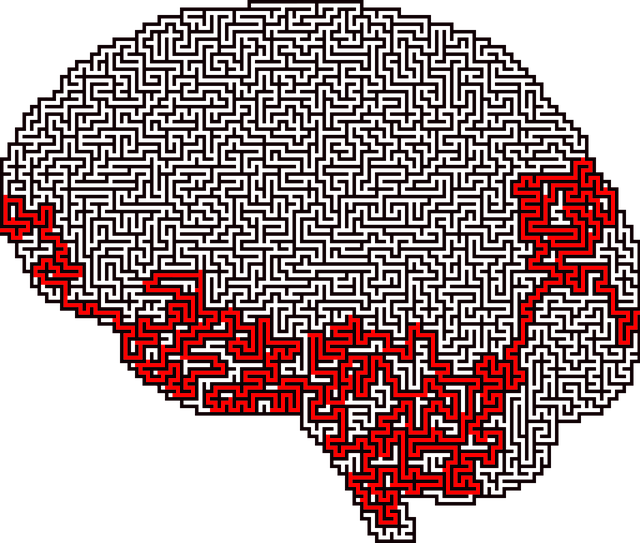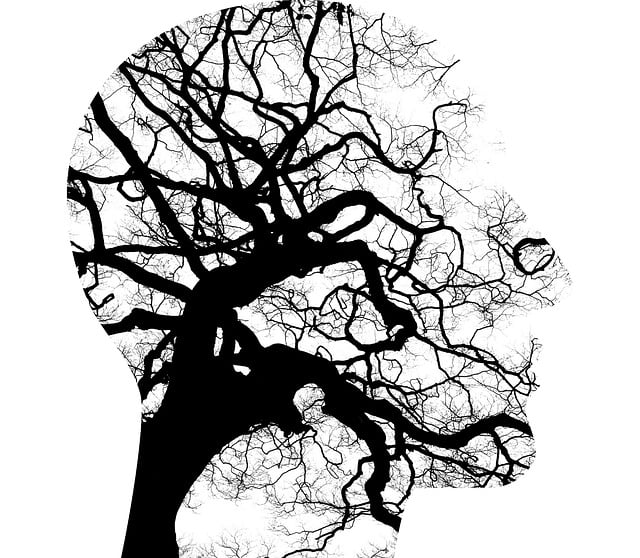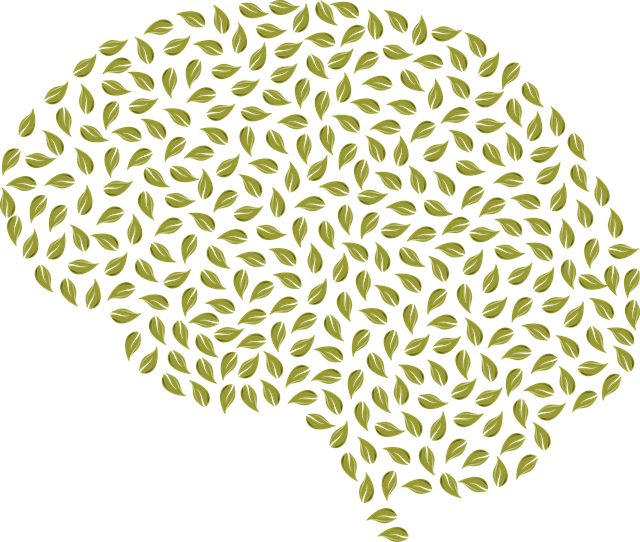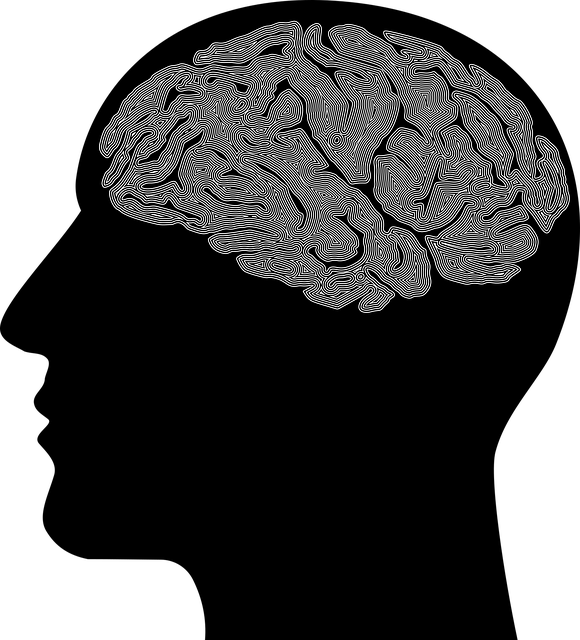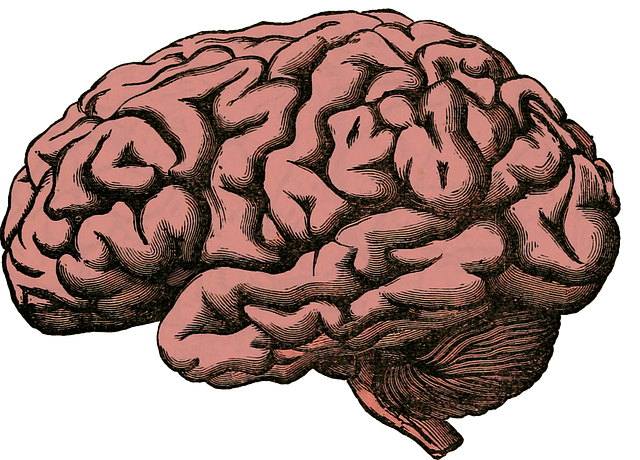Northglenn Children Therapy focuses on building resilience in young individuals using the RFM framework (Resilience, Flexibility, Mastery) and a culturally sensitive Community Outreach Program. Their evidence-based practices, including Compassion Cultivation and burnout prevention strategies, empower children with emotional coping skills and strengthen their mental fortitude. They provide practical exercises for homes and schools to nurture resilience, measure success holistically through standardized tools and qualitative feedback, and ensure tailored support for diverse backgrounds.
Resilience is a vital skill for children to navigate life’s challenges. This article explores RFM (Recovery, Flexibility, and Mastery), a powerful framework for building resilience in young minds. We delve into the significance of Northglenn Children Therapy, which offers specialized programs to empower kids. From practical exercises for home and school to measuring success, this guide provides insights on fostering resilience. Discover how these strategies contribute to children’s overall well-being, helping them thrive despite adversity.
- Understanding RFM: A Framework for Resilience in Children
- The Role of Northglenn Children Therapy in Building Resilience
- Practical Exercises to Enhance Resilience at Home and School
- Measuring Success: Evaluating the Impact of Resilience-Building Programs
Understanding RFM: A Framework for Resilience in Children

At Northglenn Children Therapy, we recognize that building resilience is a cornerstone of healthy development for children. To this end, we utilize the RFM framework—a structured approach designed to equip young individuals with the tools they need to navigate life’s challenges and thrive. RFM stands for Resilience, Flexibility, and Mastery, three key components essential for fostering mental toughness in children.
Through our innovative Community Outreach Program Implementation, we integrate Cultural Sensitivity in Mental Healthcare Practice into every aspect of the RFM process, ensuring that our strategies resonate with diverse backgrounds and experiences. By encouraging children to embrace Mind Over Matter Principles, we empower them to overcome obstacles, develop positive coping mechanisms, and cultivate a growth mindset. These exercises are meticulously designed to strengthen their emotional intelligence, enhance problem-solving skills, and instill a sense of control over their lives, ultimately contributing to their overall well-being.
The Role of Northglenn Children Therapy in Building Resilience

Northglenn Children Therapy plays a pivotal role in fostering resilience among young individuals through tailored interventions and innovative practices. With a deep understanding of childhood development, their therapists employ evidence-based methods to help children navigate life’s challenges. By integrating Compassion Cultivation Practices into therapy sessions, Northglenn Children Therapy equips kids with the emotional tools necessary for self-soothing and developing empathy. This proactive approach not only bolsters mental resilience but also serves as a buffer against potential burnout, especially pertinent in today’s demanding world.
Moreover, the organization recognizes the interconnectedness of individual well-being and societal structures. In light of this, they offer resources and support for healthcare providers, emphasizing the importance of Burnout Prevention Strategies. By encouraging practitioners to prioritize Self-Care Routine Development, Northglenn Children Therapy promotes sustainable care, ensuring professionals can continue to serve their communities effectively over time.
Practical Exercises to Enhance Resilience at Home and School

Building resilience is a vital part of mental health education programs design, and it starts as early as home and school environments. Northglenn Children Therapy offers practical exercises to help nurture this crucial skill set in young individuals. One effective strategy involves encouraging children to identify and express their emotions through creative outlets such as art or writing. This not only enhances emotional regulation but also fosters self-awareness.
Additionally, simple daily routines can significantly impact resilience. Establishing consistent communication strategies within families allows everyone to share thoughts and feelings openly. Schools can play a pivotal role by integrating activities that promote problem-solving skills and encourage students to approach challenges as opportunities for growth. These practices contribute to the overall well-being of children and adolescents, ensuring they develop into resilient individuals capable of navigating life’s complexities.
Measuring Success: Evaluating the Impact of Resilience-Building Programs

Measuring success is a vital aspect of evaluating the impact and effectiveness of resilience-building programs, especially in the context of Northglenn Children Therapy. Traditional methods often focus on quantitative data such as participant attendance and completion rates, but to truly gauge the success of these initiatives, a more holistic approach is required. This involves assessing changes in participants’ mental health, emotional well-being, and overall resilience through standardized assessments and qualitative feedback.
By incorporating metrics that capture improvements in coping strategies, stress management, and social skills, therapists can gain valuable insights into the program’s effectiveness. Additionally, considering Cultural Sensitivity in Mental Healthcare Practice ensures that these measures are tailored to meet the diverse needs of participants from various backgrounds. Regular risk management planning for mental health professionals also plays a role in identifying potential challenges and adjusting programs accordingly. Moreover, evaluating resilience-building exercises can contribute to burnout prevention by demonstrating their ability to enhance clients’ coping abilities and overall satisfaction with care.
Northglenn Children Therapy plays a pivotal role in equipping young minds with resilience through tailored programs and exercises. By integrating these initiatives into home and school environments, we can foster a generation capable of thriving under pressure. Understanding the RFM framework and its application is essential for creating robust resilience-building programs that measure success through observable improvements. This holistic approach ensures that children develop not just coping mechanisms but also an indelible sense of strength and adaptability.

